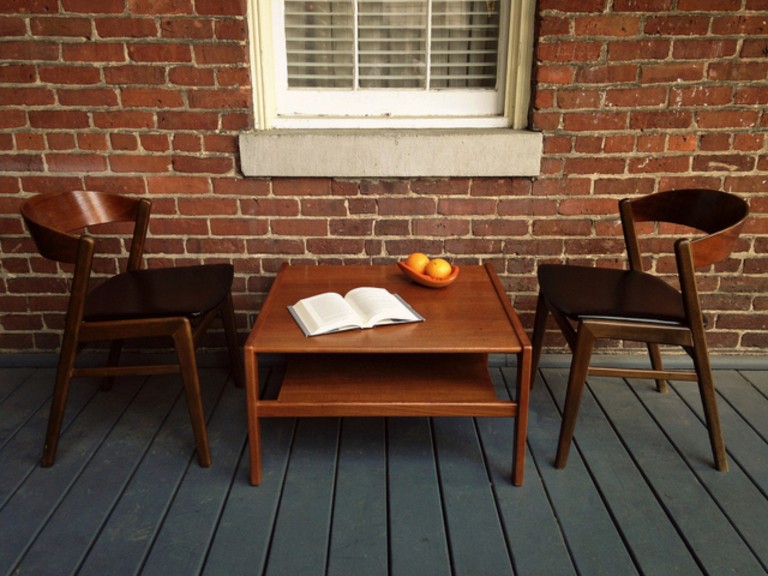What is a community? Is it a place where you belong? The KW Community Foundation’s 2015 Vital Signs Report identified a “lukewarm” sense of belonging in our community. Perhaps creating belonging has something to do with understanding the stories of those in our community. Perhaps belonging begins with empathy and support.
In this column, I hope to demonstrate the diversity of the women living in KW; to reflect on our assumptions about the women we meet, and those with whom we have never spoken; and to imagine the ways that we might build communities of empathy and support for women who experience multiple forms of oppression because of their visible and invisible identities.
For this first column, meet scholar-activist extraordinaire Dr Idrisa Pandit, Chair of the Studies in Islam program at Renison University College and recipient of last year’s KW Oktoberfest Woman of the Year Award.
ZR: Who are you? What is it about you that you think others should know?
IP: I am a woman of colour who has lived in different communities around the world, all of which inform who I am. I am a scholar, I am also an activist. I am a mother and a wife and I am part of a household that in itself is quite culturally pluralistic. I don’t like the word “diverse,” it’s a superficial identification of difference with skin colour, dress, or visible faith expression. I prefer the word “pluralism” because it conveys acceptance without changing or imposing.
ZR: What does home mean to you?
IP: I was born and raised in Kashmir, I left as a teenager and have lived in other communities in India, various parts of the United States, and now in Canada. Home is where you are together with your loved ones. For someone like myself, in diaspora, that means multiple things: a home that I have left behind, and an adopted home.
ZR: What do you love about KW?
IP: I think I love the physical smallness of the community, it’s easier to maneuver. But I don’t like the small-mindedness of the community; the challenges of difference are quite visible here. People seem uncomfortable with those who challenge “norms” of colour, faith, culture.
ZR: What has been your experience as a Muslim woman in KW? Have you felt supported?
IP: I came here as a highly educated woman with many years of experience in the United States, but arriving in Canada I struggled for years to find a job because apparently I didn’t have “Canadian experience.” I came prepared to give to this community but there were all sorts of barriers put in my way. So, I created my own opportunities and founded a social service organization. It’s something I felt was necessary to make KW a more welcoming place.
I refuse to become a token of diversity in the groups of which I am a part. Don’t engage me because I look different but rather because I can enrich the conversation. I now feel like I am at a place where I have many allies throughout the community.
ZR: Does feminism mean something to you?
IP: I understand feminism as a core principle of who I am as a Muslim woman. Feminism for me is absolute gender justice as sanctioned by my own faith. I consider my fight for gender justice as my duty.
ZR: Any final thoughts?
IP: Be open to engagement, not just with me but with every Muslim woman. Meet me where I am.

